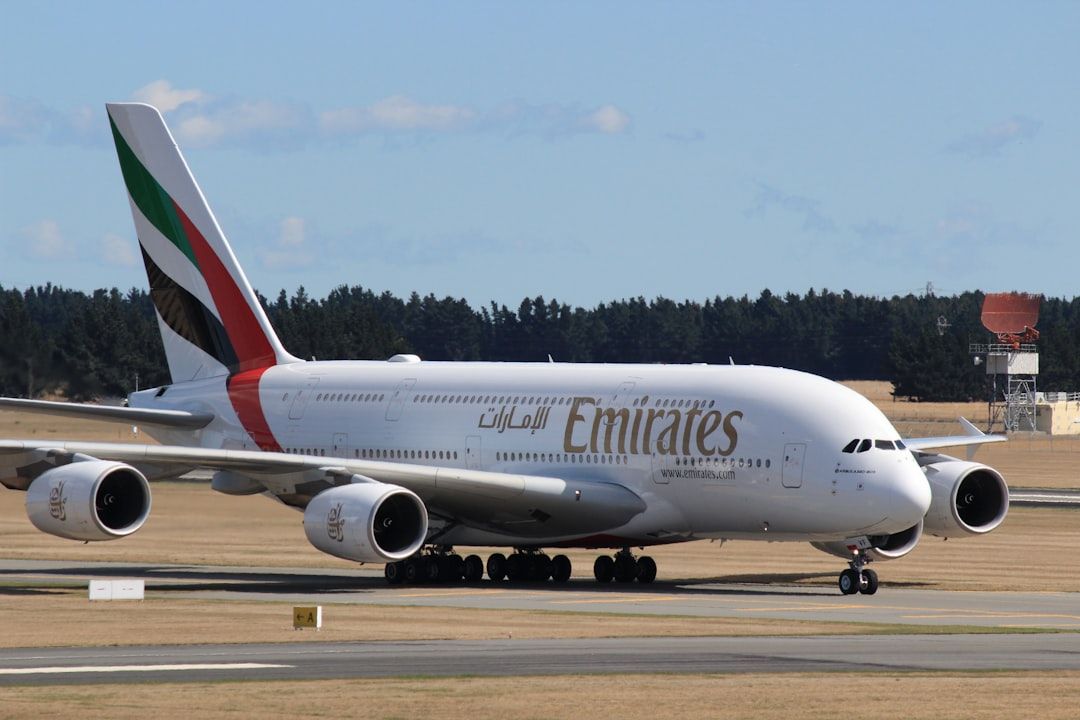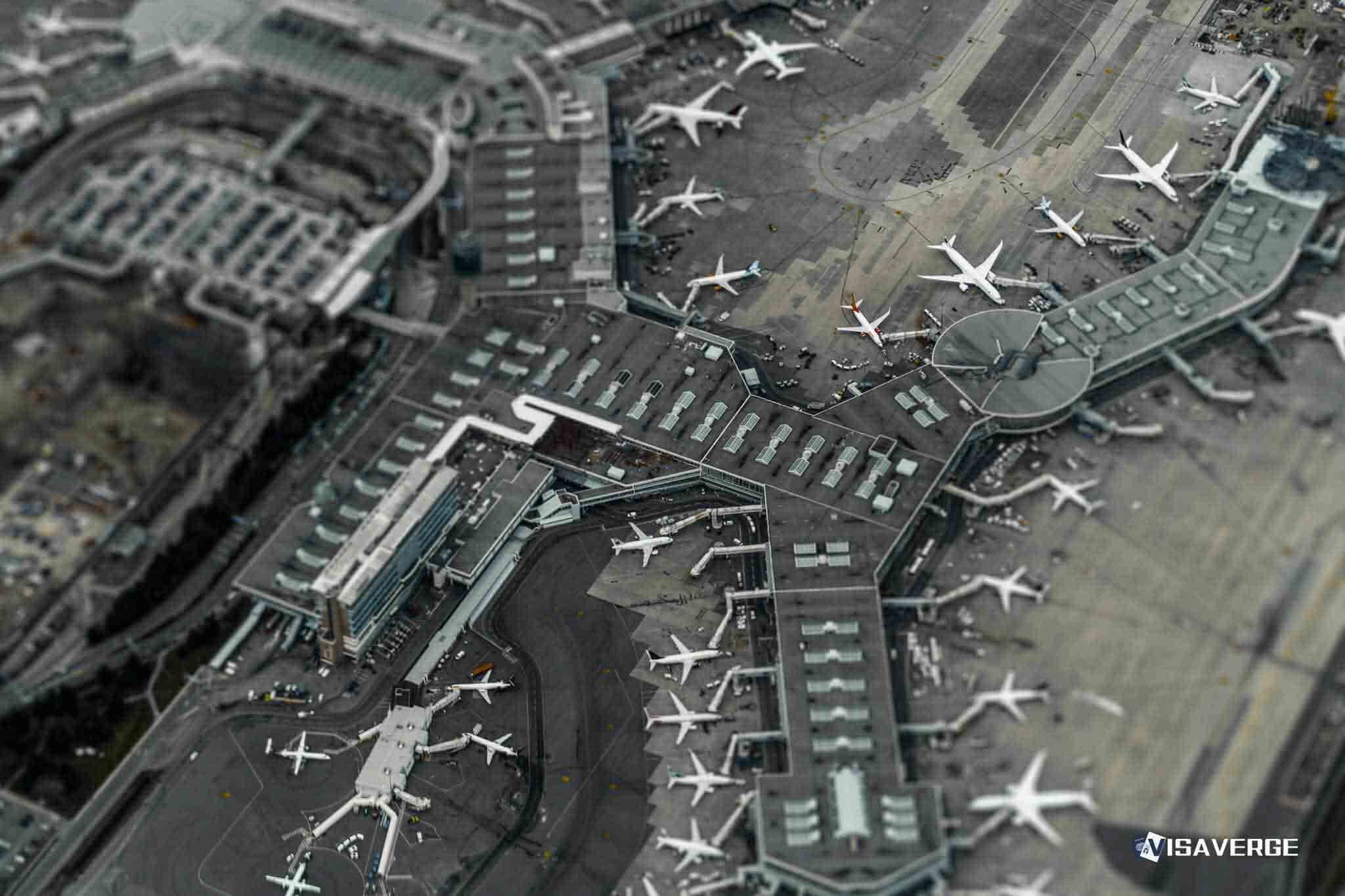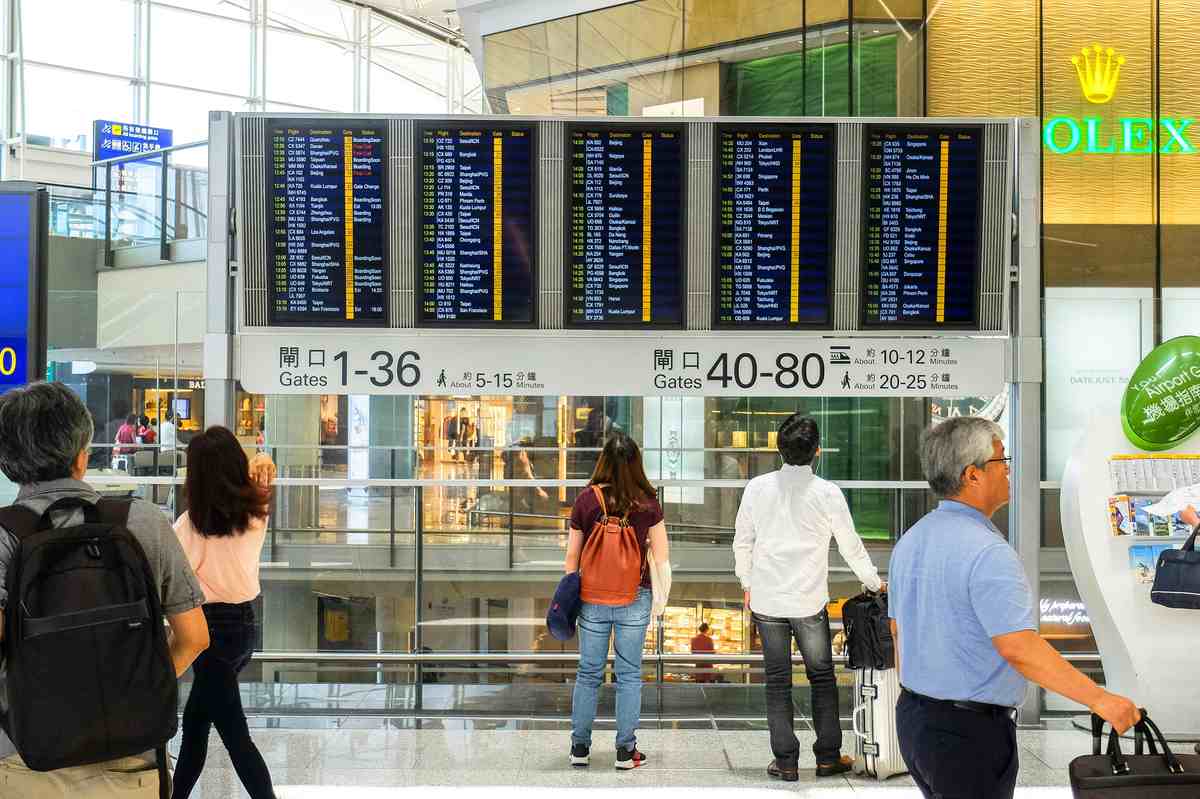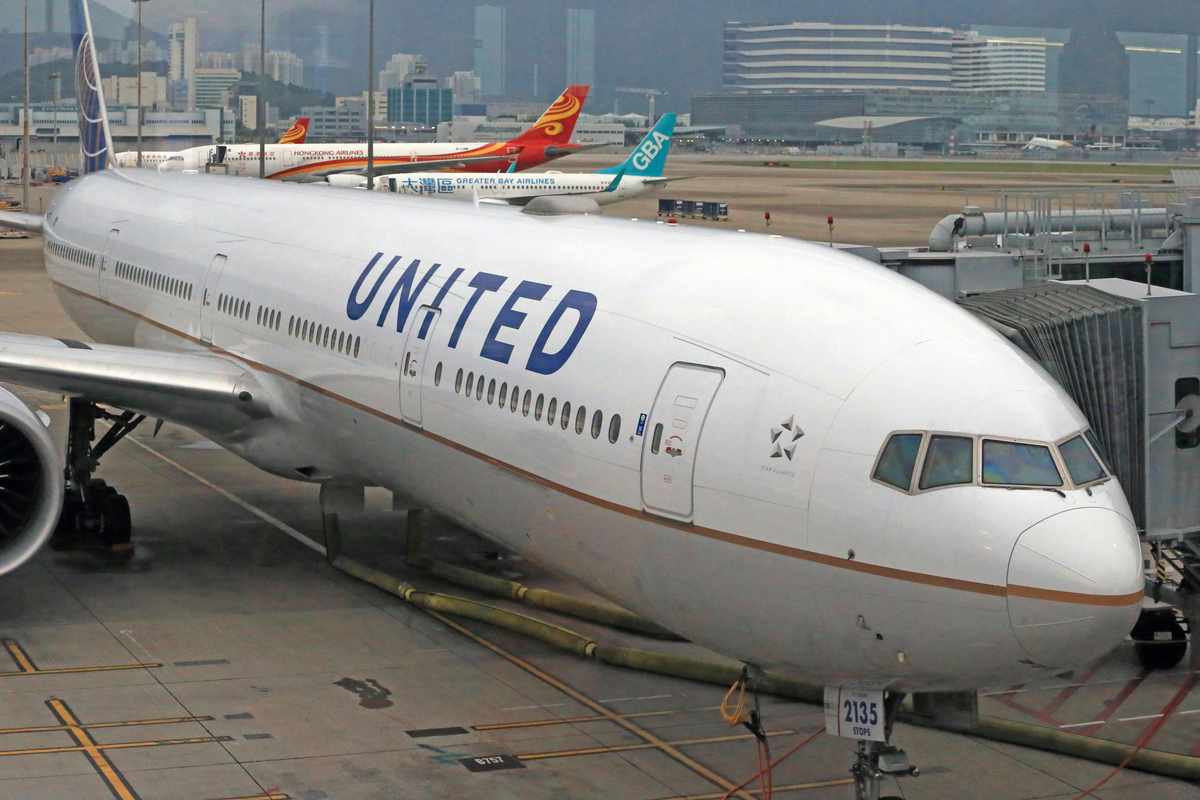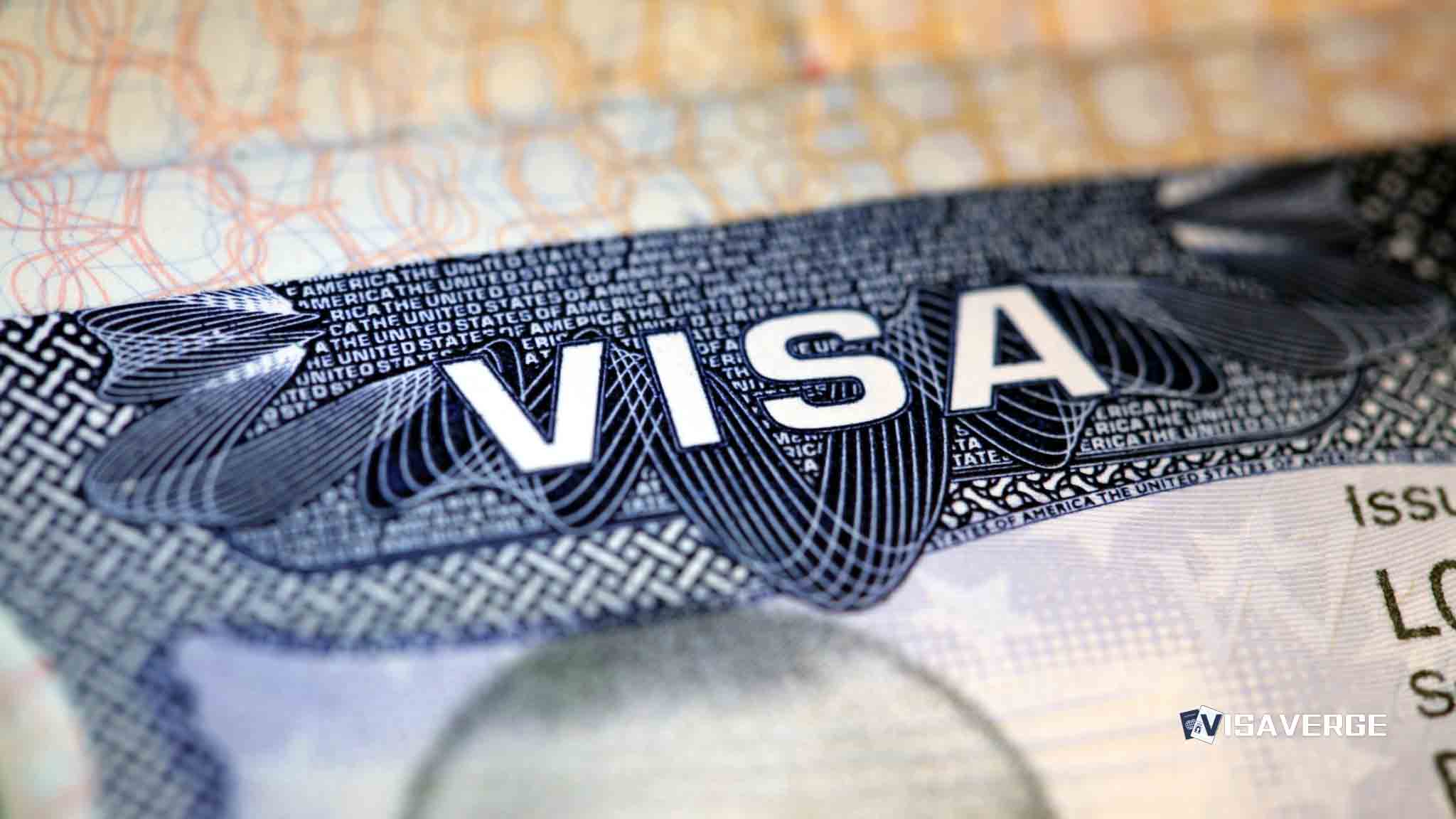Key Takeaways
• More than 72.2 million Americans will travel 50+ miles during July 4th 2025 holiday.
• TSA expects a record 18.5 million air travelers, with Atlanta Airport handling over 4 million.
• Road trips may take 67% longer; best driving times are early mornings before heavy congestion.
Americans Face Record-Breaking July 4th Travel: What to Expect and How to Prepare
A record-breaking number of Americans are set to travel for the July 4th holiday in 2025, with experts warning of crowded airports, packed highways, and longer delays than ever before. According to the American Automobile Association (AAA), more than 72.2 million people will travel at least 50 miles from home between June 28 and July 7, making this the busiest Independence Day travel period in history. This surge is driven by a mix of extended summer vacations, remote work flexibility, and pent-up demand for travel.
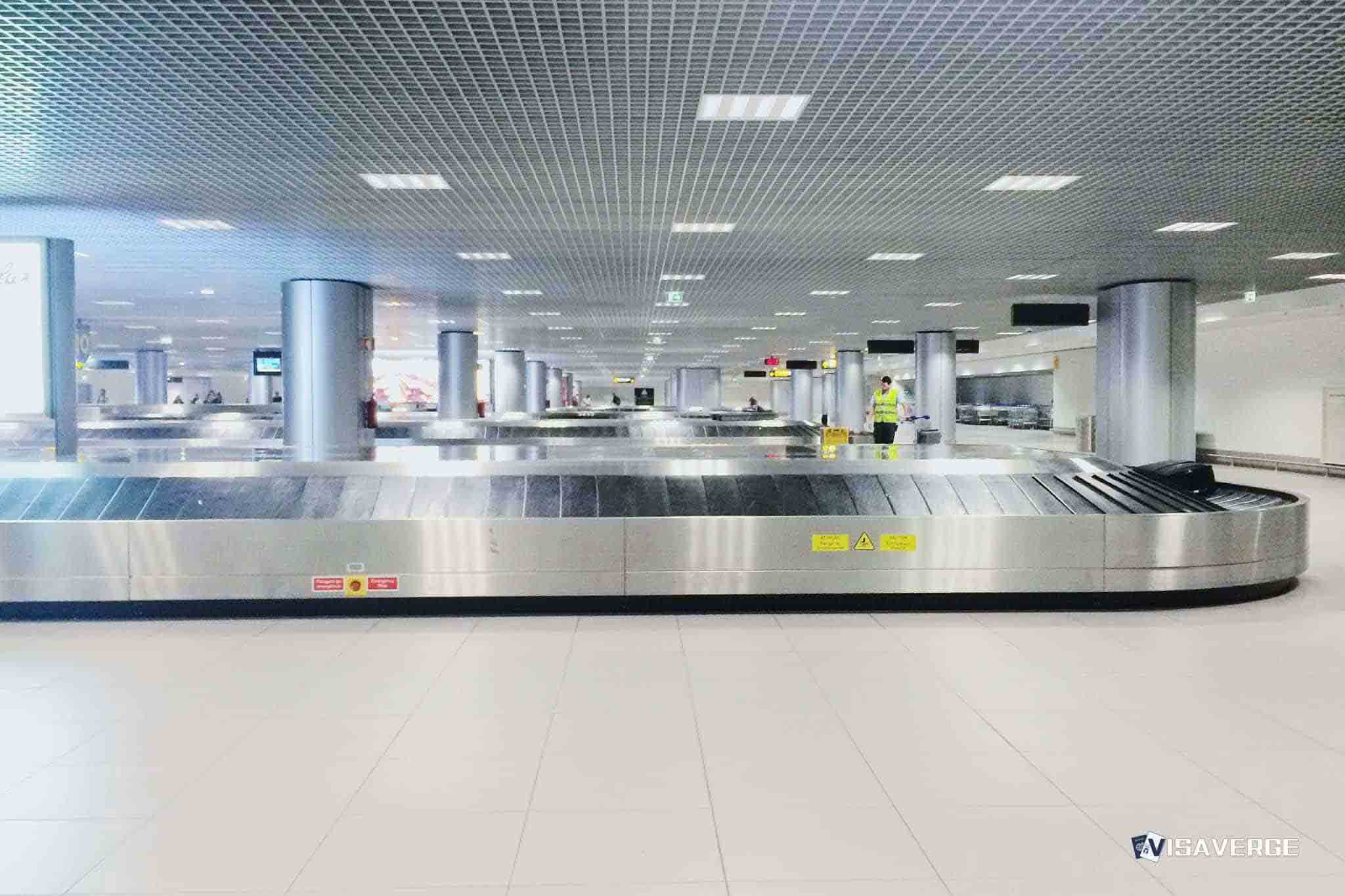
Who is traveling, when, and where?
The busiest days will be July 2–4 for outbound trips and July 6–7 for returns. Hartsfield-Jackson Atlanta International Airport expects over 4 million passengers during the holiday window, with Friday, June 27, set to be its single busiest day. The Transportation Security Administration (TSA) is preparing to screen more than 18.5 million travelers nationwide, with over 3 million expected on Sunday, July 6—a new all-time high for air travel in the United States 🇺🇸.
Let’s break down what this means for travelers, what to expect at airports and on the roads, and how to make your journey as smooth as possible.
Why Is July 4th 2025 So Busy?
AAA projects a 5% increase in total travelers compared to last year, with 60.6 million people hitting the road by car and 5.74 million flying—a 7% jump for air travel. The rise is fueled by several factors:
- Remote work and flexible schedules: Many Americans can now extend their vacations, leading to longer trips and more travel days.
- Strong demand for summer getaways: After years of pandemic restrictions, people are eager to visit family, friends, and favorite destinations.
- Stable gas prices: The average price for a gallon of gas in Georgia is holding steady at $2.86, making road trips more affordable.
Paula Twidale, Senior Vice President at AAA, explains, “We’re seeing more people take advantage of flexible work and school schedules, turning the holiday into a longer vacation.”
What to Expect at Airports
Crowds, Lines, and Delays
Airports across the United States 🇺🇸 are bracing for record crowds. TSA Administrator David Pekoske says the agency is fully staffed and ready, but travelers should still expect longer lines and wait times, especially at major hubs like Hartsfield-Jackson Atlanta International Airport.
Key facts for air travelers:
– Arrive early: At least 2 hours before domestic flights, 2.5–3 hours at major airports like Atlanta, and 3 hours for international departures.
– Carry-on luggage: Use carry-ons to avoid baggage claim delays.
– Monitor flight status: Use airline apps and airport websites for real-time updates.
– Security screening: Have your ID and boarding pass ready. Check the TSA website for a list of prohibited items.
Flight delays and cancellations remain a risk, especially at airports prone to summer storms. In 2024, San Francisco International Airport had a 29.5% delay rate, while Newark Liberty International Airport had the highest cancellation rate at 2.63%. Weather, system outages, and staffing issues can all impact flight reliability.
Technology upgrades are being rolled out at major airports to speed up passenger processing, but travelers are still advised to arrive early and be patient.
Hartsfield-Jackson Atlanta International Airport: The Epicenter
Hartsfield-Jackson Atlanta International Airport is expected to see over 4 million passengers between June 26 and July 7. Friday, June 27, will be the busiest day, with nearly 400,000 travelers passing through.
What this means for you:
– Arrive 2.5–3 hours early for all flights, especially if you’re flying internationally.
– Expect crowded terminals and longer waits at security and check-in.
– Parking lots may fill up quickly, so book your parking in advance if possible.
– Use airport apps for real-time updates on security wait times and gate changes.
Delta Air Lines, which has a major hub at Atlanta, is operating more than 6,500 flights on peak days to meet demand.
Road Travel: Congestion and Best Times to Drive
With 60.6 million Americans expected to travel by car, highways will be packed. INRIX, a transportation analytics company, warns that road trips could take up to 67% longer than usual during peak periods.
When are the worst times to drive?
– Afternoons and early evenings (2–7 pm) are the most congested.
– Best times to travel: Early mornings, before 10 or 11 am, are recommended for the smoothest drive.
Here’s a quick guide to the best and worst times to be on the road:
| Date | Worst Travel Time | Best Travel Time |
|---|---|---|
| Saturday, Jun 28 | 12:00–5:00 pm | Before 10:00 am |
| Sunday, Jun 29 | 2:00–4:00 pm | Before 11:00 am |
| Monday, Jun 30 | 2:00–6:00 pm | Before 12:00 pm |
| Tuesday, Jul 1 | 3:00–6:00 pm | Before 2:00 pm |
| Wednesday, Jul 2 | 12:00–9:00 pm | Before 12:00 pm |
| Thursday, Jul 3 | 2:00–6:00 pm | Before 12:00 pm |
| Friday, Jul 4 | 12:00–7:00 pm | Before 12:00 pm |
| Saturday, Jul 5 | 11:00 am–5:00 pm | Before 11:00 am |
| Sunday, Jul 6 | 12:00–6:00 pm | Before 11:00 am |
Tips for road travelers:
– Plan your departure: Leave early in the morning to avoid the worst congestion.
– Check traffic: Use 511, local news, or traffic apps for real-time updates.
– Prepare for delays: Pack water, snacks, and emergency supplies.
– Watch for construction: Most highway construction is paused, but some work zones remain.
– Drive safely: Be alert for stopped vehicles and emergency responders.
Ferries, Buses, and Trains
Not everyone is flying or driving. 4.6 million people will travel by other means, including buses, trains, and ferries—a 9% increase from last year. If you’re taking a ferry, especially in the Pacific Northwest, expect long waits for vehicle boarding. Reservations are strongly encouraged, and schedules can be checked on official ferry websites.
No Major Policy Changes, But Be Prepared
There are no new travel restrictions or major policy changes for the July 4th period. However, transportation agencies are making operational adjustments to handle the crowds:
- Increased staffing: More workers at airports and on highways to help manage the flow.
- Enhanced security screening: TSA is using new technology to speed up checks.
- Construction pauses: Most highway construction is suspended from July 4 through the holiday weekend, though some zones remain.
Travelers are urged to arrive early, stay flexible, and use real-time information tools to avoid surprises.
Step-by-Step Travel Preparation
For Air Travelers
- Book early: Secure your flights and parking as soon as possible.
- Arrive early: At least 2 hours before domestic flights, 2.5–3 hours at major airports, and 3 hours for international flights.
- Use carry-on luggage: This helps you avoid baggage claim delays.
- Monitor your flight: Use airline apps and airport websites for updates.
- Prepare for security: Have your ID and boarding pass ready, and check TSA guidelines for what you can bring.
For Road Travelers
- Plan your departure: Leave in the morning to avoid peak congestion.
- Check traffic: Use 511, local news, or traffic apps for updates.
- Prepare for delays: Bring water, snacks, and emergency supplies.
- Watch for construction: Most work is paused, but some zones remain.
- Drive safely: Be alert for stopped vehicles and emergency responders.
Costs and Practical Considerations
- Airfares: The average domestic round-trip airfare is $810, up 4% from last year, according to AAA.
- Gas prices: The average price in Georgia is $2.86 per gallon, steady compared to last year.
- Parking: With record crowds, airport parking lots may fill up quickly. Reserve in advance if possible.
Expert Perspectives and Analysis
Travel analysts point to the lasting impact of remote work and flexible schedules, which allow more Americans to extend their holiday trips. Airlines are optimistic about handling the crowds, citing increased staffing and operational improvements. However, they acknowledge that weather and system outages remain risks for delays.
Transportation agencies urge patience and early planning. Bob Pishue of INRIX recommends using real-time traffic apps and services to avoid the worst congestion.
As reported by VisaVerge.com, the combination of strong demand, stable prices, and new technology is creating both opportunities and challenges for travelers and transportation providers.
Historical Context and Future Outlook
Travel volumes for July 4th now exceed pre-pandemic levels, with both road and air travel setting new records. The holiday has always been one of the busiest travel periods in the United States 🇺🇸, but 2025 marks the highest numbers ever recorded.
Flight delays and cancellations have been a persistent issue, especially at major hubs and in regions prone to summer storms. Looking ahead, experts expect continued growth in holiday travel, driven by remote work and flexible schedules. Airports are likely to keep investing in automation and new technologies to manage the crowds.
Summer storms remain a wildcard and could cause significant disruptions, especially in the Northeast and Southeast.
Key Takeaways and Practical Guidance
- Expect crowds: Both airports and highways will be busier than ever.
- Arrive early: Give yourself plenty of time, especially at major airports like Hartsfield-Jackson Atlanta International Airport.
- Travel early in the day: Morning departures are best for avoiding traffic and delays.
- Use real-time information: Check flight status, traffic, and ferry schedules before you leave.
- Be flexible: Have backup plans in case of delays or cancellations.
- Reserve parking and ferry spots: Don’t wait until the last minute.
Official Resources
For the latest updates and official travel advice, visit these resources:
– AAA Travel
– TSA
– INRIX Traffic
– Hartsfield-Jackson Atlanta International Airport
– DOT Bureau of Transportation Statistics
For detailed TSA security information, including what you can bring through airport security, check the TSA official website.
Summary Table: July 4th 2025 Travel at a Glance
| Issue | Details/Advice |
|---|---|
| Air Travel | Arrive early, expect crowds, monitor flights, use carry-on, allow extra time |
| Road Travel | Avoid afternoons, travel early, check real-time traffic, expect long delays |
| Peak Dates | Outbound: July 2–4; Return: July 6–7 |
| Flight Delays | SFO, EWR, Florida airports most affected; check for weather disruptions |
| Ferry Travel | Reserve in advance, expect long waits, check schedules |
| Costs | Airfares up 4%, gas prices steady |
Final Thoughts
The July 4th holiday in 2025 will be the busiest travel period ever seen in the United States 🇺🇸. Whether you’re flying out of Hartsfield-Jackson Atlanta International Airport, driving across the country, or taking a ferry, early planning, flexibility, and real-time information are your best tools for a smoother journey. Stay safe, stay patient, and enjoy your Independence Day travels.
For more information on travel tips, airport security, and official guidelines, visit the TSA’s official travel page.
Learn Today
AAA → American Automobile Association, provides travel data and safety information for U.S. travelers.
TSA → Transportation Security Administration, responsible for airport security and passenger screening in the U.S.
Hartsfield-Jackson Atlanta International Airport → The busiest U.S. airport, expecting over 4 million passengers during July 4th travel.
INRIX → Transportation analytics company that monitors traffic congestion and travel time delays.
Remote work → Flexible workplace arrangement allowing employees to work outside traditional offices, increasing extended travel opportunities.
This Article in a Nutshell
July 4th 2025 marks the busiest U.S. travel holiday ever, with 72 million+ travelers. Airports and highways face crowding. TSA and AAA emphasize arriving early, using carry-ons, and monitoring real-time updates. Flexible schedules and stable gas prices spur travel, driving record crowds and extended holiday journeys nationwide this summer.
— By VisaVerge.com


